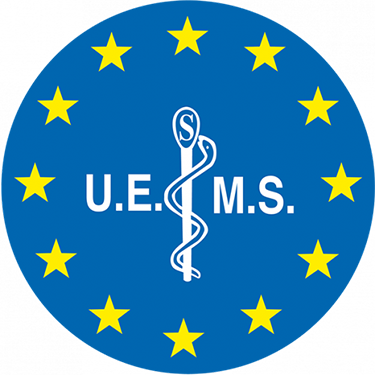Accredited e-learning: The Role of PARP inhibition in Clinical Practice
DNA Damage Response (DDR) and PARP inhibitors are promising but complex therapeutic strategies.
Understand why, where and how PARP inhibitors work in clinical practice, and look into the future of targeting DDR with this interactive free to access e-learning course. Designed to support you in selecting the appropriate treatment strategy with PARP inhibitors in the appropriate patient population and to provide the best possible patient care.
This course is endorsed by the Innovative Breast Cancer Research Group (SOLTI), the Gynecological Cancer Group Singapore (GCGS) and the Gynecologic Oncology Trial and Investigation Consortium (GOTIC).
Downloadable slides accompany this e-learning for your own use.







 Downloadable
Downloadable  5 MIN
5 MIN
 Jun 2025
Jun 2025 






